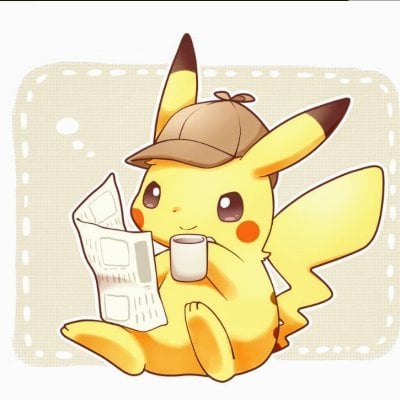No judgement? Do you use strategies or meds or both? I’m curious.
For me both. But without my meds I’m pretty useless.
Both. But it also helps to have a supportive husband. Would recommend.
Meds and lists gang checking in.
Started Trintellix a couple months ago and has been working pretty well with no noted side effects, which is nice.
I also don’t know what I’d do without a to do list to check off and my Google calendar.
Also my Remarkable 2 Tablet has been a god send.
Man this thread isn’t one bit written by a person with ADHD. Is it? LOL
I’ve tried medication, but unfortunately everything I tried had the side effect of pushing up my heartbeat to unhealthy levels, or causing anxiety issues. So currently unmedicated, although I miss the focus and motivation to get things done they gave me, the side-effects weren’t worth it.
I try using todo-lists. But having been diagnosed at 36 it’s so hard to break bad habits, especially during work, so I still often have days where I just jump between tasks. I’ve learned to accept that will happen and try to pay more attention to my to-do list again. Not getting frustrated helps a lot.
I’ve also taken up piano lessons, having to focus on playing a piece of music has improved my concentration quite a bit.
I’m absolutely horrific with organisation, but I found a few ways of managing things. I never really managed to grasp notifications, eventually they just became an auto-ignore for my brain. What worked more for me was having hints of what I need to do in places that I would naturally look throughout my day.
For instance, with my iPhone, I use dynamic island to keep my current task in a persistent way. It’s not forceful and it doesn’t interrupt what I’m currently doing. I’ve also got a large widget on my home screen which shows me some things like weather, date, reminders and calendar events. I see it a few times and eventually I usually manage to enact on it. I unlock my iPhone more than 100+ times per day, so that’s 100 potential opportunities to see it and enact on it.
As for filling it with tasks, I usually do that just before I’m about to go to bed. Once I plug my phone in, I have shortcuts give me a notification that reminds me to fill out the tasks for tomorrow. This isn’t bulletproof of course, but it helps to try and make it habit somewhat.
Despite the deficiencies, we’re still brains of habit, so trying to make that habitual does help. It does help that it’s a task that doesn’t change.
Medication, alarms, chore lists with reminders, project boards (jira @ work, notion @ home).
My wife and I keep EVERYTHING in notion. Our entire lives, pretty much any plan or thing we need to remember to do or communicate goes in that app.
I use other stuff on top of it, but notion has allowed us to split the mental load of managing our household much better than before. I have terrible memory, but I can no longer use it as an excuse. I’ve gone from “oops I forgot” to “oops I didn’t set a reminder, what do I need to do to prevent this in the future?”
It wouldn’t be exaggerating to say that the combination of process and home project management through it has saved my marriage. Oh, and I guess therapy helps. Find a good therapist if you can afford one.
You’re more organized that I am. Wow! Good for you! Glad it’s working!
I’d say that my wife is the organized one - she just makes it easy to take advantage of the organization and contribute content to it.
She sounds like a great partner for you! 😁
I use both but I’m terrible at taking meds regularly (ha, the irony!).
For losing track of time during meetings/focus sessions, I use a Time Timer to visually see time passing by/showing how much time is left.
For reminders, I use Due on iOS (+ Apple Watch) as it continues to send reminders until you do the thing and check it off.
For to-do lists, I use both paper planning with a bullet journal-esque notation as well as a whiteboard for “temporary” planning, like creating a prioritization matrix, as it allows me to shift things around more easily.People who believe that adhd meds are addictive have apparently never met someone with ADHD.
Seems like most of us are “list people”.
How do you all prevent the list from growing too large and just becoming another overwhelming thing?
Multiple lists. Short-term, medium-term, long-term, “maybe eventually”. If one of them starts to feel like too much, I can kick some things down to the next one.
They’re also kinda based on how much focus will be needed to complete things, not just how important or time-sensitive things are. The medium/long lists are mostly stuff for “good brain days”.




